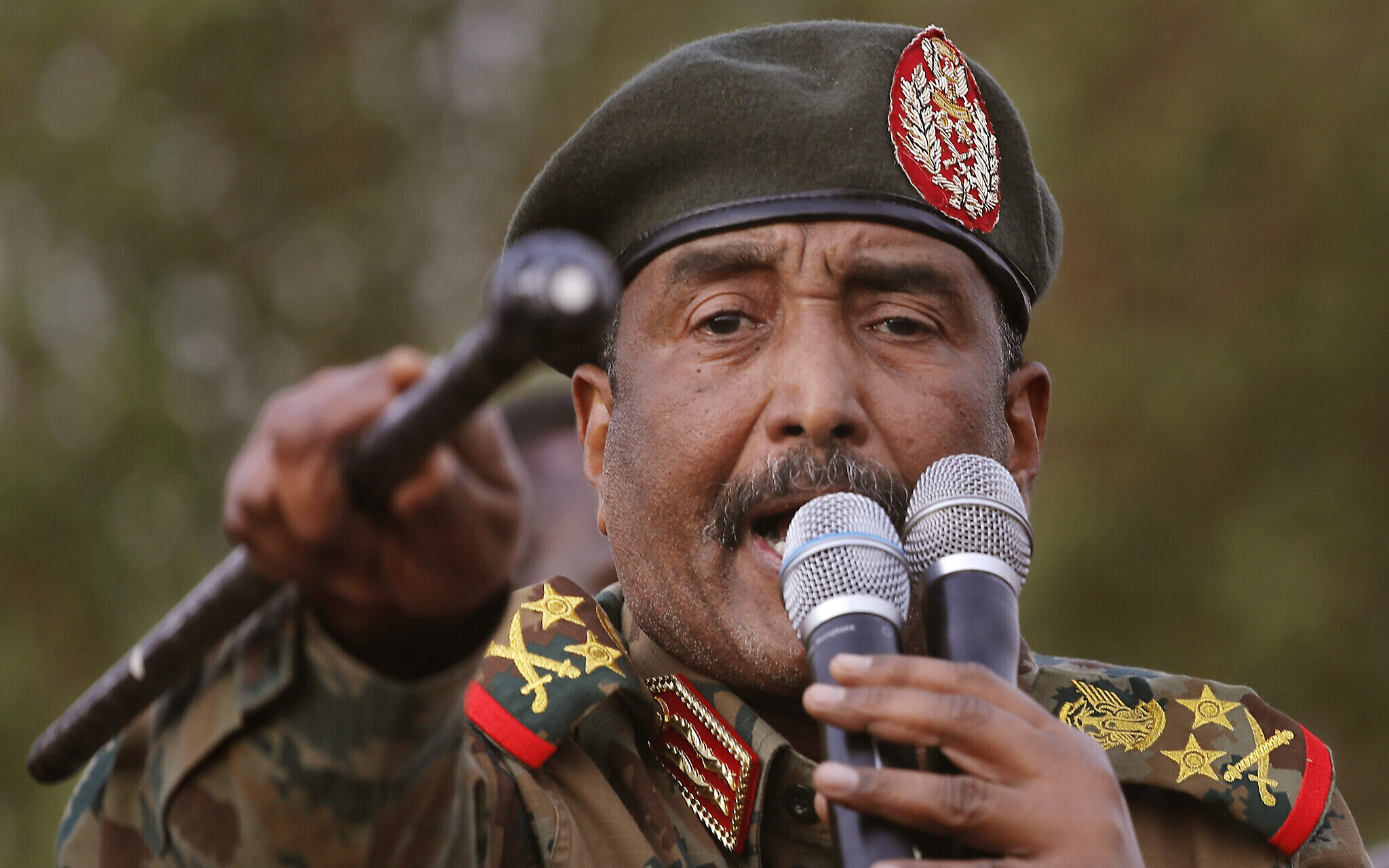
In the past three years, Sudan has experienced two promissory coups, plunging the country into ongoing political turmoil. Although outwardly intended to foster democratization, these coups often lead to a prolonged period of transitional or autocratic rule, ultimately failing to substantially increase the quality of the country’s democratic institutions. Looking at recent comments by Sudan’s top ruling general, it is unclear how much longer citizens will have to wait to vote and the future of the country’s political leadership.
Amid widespread protests calling for his removal, longtime dictator Omar al-Bashir was toppled as the country’s leader in April 2019. A power-sharing agreement between pro-democracy protest leaders and the military established a transitional government, with Abdalla Hamdok serving as the civilian prime minister. The state promised to hold democratic elections by 2023.
This kind of power grab is a promissory coup. Often considered a type of backsliding, promissory coups involve ousting an elected government in defense of democratic principles. Critically, the forced takeover is framed as temporary, a non-permanent steppingstone towards improving the state of democracy.
There often are merits to the coup leader’s claims. In this case, Bashir had been in power since 1989 and was charged by the International Criminal Court with three counts of genocide for his role in the Darfur Conflict. He also won 94% of the vote in a 2015 presidential election that was heavily boycotted and widely criticized.
The usual problem with promissory coups- and why they are considered a form of backsliding- are they rarely lead to timely and tangible improvement in the quality of democracy. Of twelve successful promissory coups between 1990 and 2012, most took years to hold democratic elections. Even after reinstating elections, the legitimacy is questionable, as most result in the victory of individuals who supported the coup in the first place. In the end, promissory coups can create long term instability and erode the already crumbling integrity of democratic institutions.
In Sudan, the outlook is bleak. Just two years after the original coup, the civilian flank of the transitional government was ousted by the military in October of 2021. Claiming that strong divisions within the transitional government put the country at risk for civil war, Sudan’s top military official Lt. Abdel Fattah al-Burhan declared a state of emergency and detained Prime Minister Hamdok. Although the military dissolved the transitional government, this also was a promissory coup, as they vowed to still hold elections by July 2023.
This move only exacerbated tension between civilians and the military, throwing the country into further chaos. Pro-democracy groups have since protested regularly and violently clashed with state troops. Although Lt. Burhan claims that five to six officers are under investigation, no one has been charged for the civilian killings. The economy also has spiraled into crisis, with inflation skyrocketing to 245% this year.
The impact of the second coup has been devastating for the country. With violence against pro-democracy protesters and a rapidly declining economy, hopes of a timely democratic transition are dwindling. Even some former backers of the October coup have declared it a failure and attempted to co-opt the civilian movement.
More concerning are recent statements made by Burhan. Despite facing intense public pressure, in an interview with The Associated Press last month, Burhan offered no indication of when the military will relinquish power. Instead, he commented that partisan gridlock was stunting negotiations.
Given the poor track record of promissory coups, a delayed transition would be unsurprising. With these comments, Burhan all but confirmed that the coup will remain in power longer than initially planned. Until elections are reinstated, Sudan should not be considered a democracy but a military dictatorship.
Interestingly, it also is worth noting that Burhan expressed no desire to run for political office. When asked if he would seek candidacy in future elections, Burhan replied “I don’t think so… I do not want to continue this work.” While these comments could certainly be a disingenuous attempt to diffuse some political tension, they could signal a willingness to reach a deal, even if behind the original schedule.
Assuming that elections are eventually held, whether by this summer or not, Burhan’s decision adds to an already complicated political landscape. Since the transitional government was orchestrated by a now fractured coalition, there is not a clear unity party that backed the coup. Without Burhan, there also is not a clear leader from the military faction. Given the unpopularity of the second coup and seemingly widespread popular support of the pro-democratic protesters, perhaps the coup could eventually result in a successful transition. Of course, the elections would have to be free and fair for this to happen.
While Sudanese democracy was hardly flourishing prior to 2019, a series of promissory coups have ushered in a period of military dictatorship. In his interview, Burhan manages to paint both a grim and potentially optimistic picture for efforts to democratize. On one hand, it appears unlikely that elections will be held by the promised July 2023 date; however, Burhan’s announcement not to run for office may offer a glimmer of hope that elections would eventually lead to civilian rule. Ultimately, only time will tell how long this promissory coup lasts and if the country is able to establish a strong democracy.

0 Comments